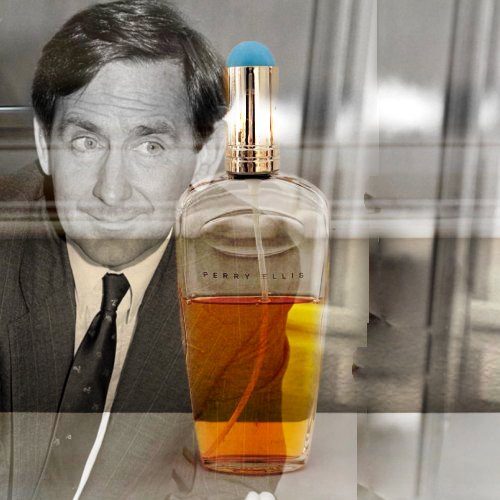 In the grand narrative of American style, Perry Ellis wrote a chapter that belonged only to him. Far from the clichés of utilitarian sportswear, he infused it with a charm that was at once classic and free, a playful modernity, never without a touch of gentle irony.
In the grand narrative of American style, Perry Ellis wrote a chapter that belonged only to him. Far from the clichés of utilitarian sportswear, he infused it with a charm that was at once classic and free, a playful modernity, never without a touch of gentle irony.
“There are few clothes that have never been made. It’s the little extras that make them unique,” he confided in 1976. Those “little extras” were precisely his signature: a shirt that seemed conventional but was cut slightly oversized; a sweater with rustic undertones, yet reimagined with the elegance of an Ivy League student on holiday in the countryside.
Inside his Broadway studio, chaos reigned: scribbled sketches, toppled fabrics, forgotten paint jars. And at the center of this whirlwind, Perry Ellis remained unshaken. One might think he was choreographing the scene himself stepping over a roll of wool, taking a spoonful of vanilla yogurt with princely calm. A serenity mirrored in his collections: never aggressive, always polished, but never bland.
Those around him described him as “cool” a word too easy, yet strangely accurate. Frank Rockman spoke of a man “who never loses his temper.” Designer and friend Carol Horn compared him to his clothes: “refined, yet universal.” Ellis seemed to have found the perfect balance between natural ease and sophistication.
This quiet elegance propelled him to the forefront of young American designers. Oscar de la Renta saw in him “the very essence of sportswear, young and fresh.” Ralph Lauren recognized Ellis as “one of the rare ones seeking his own path.” And even across the Atlantic, Jacques Mouclier discerned a new spirit, a style capable of seducing an international audience. In fact, it was his friend Jean Pecqueraux who would later develop his perfumes and it was on that occasion that I met the man himself, during the sampling of the bottle produced by Pochet, where I worked.
Perry Ellis had won his wager: convincing buyers that sportswear could be desirable, refined, and above all, an embodiment of a distinctly American art of living. Sales already bore witness to his success but even more telling was the recognition from his peers, which placed Ellis firmly in the lineage of true visionaries. His fragrance, however, was a failure nobody’s perfect.
FM
